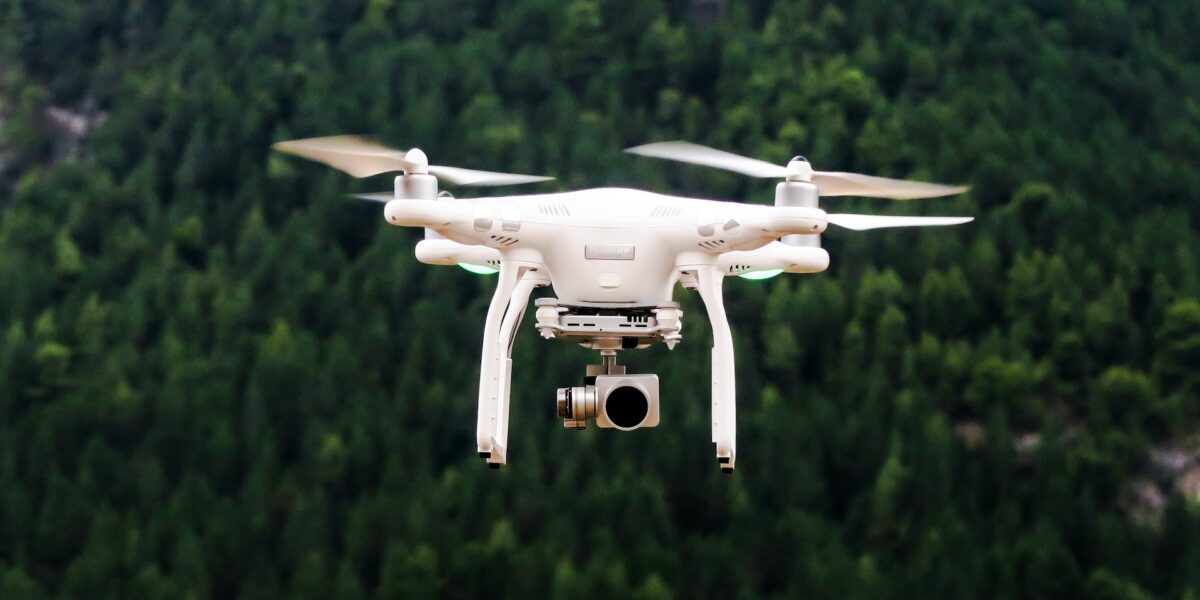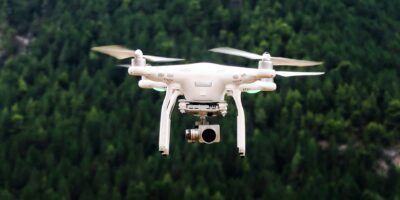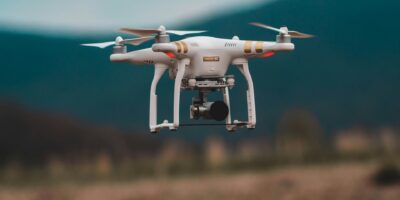Understanding the Role of a Utilization Assessment Specialist Nurse (UAS Nurse)
The UAS nurse role has gotten confusing with all the information floating around about healthcare positions. As someone who’s spent years working alongside these professionals and studying healthcare staffing models, I learned everything there is to know about what UAS nurses actually do. Today, I will share it all with you.
Here’s the short version: UAS nurses evaluate whether the healthcare services patients receive are actually necessary, appropriate, and efficient. They’re the ones making sure resources go where they’re needed — not wasted on treatments that don’t help, and not withheld from patients who genuinely need them. It’s a balancing act between quality care and responsible spending, and it takes a specific kind of nurse to do it well.

The Core Responsibilities of a UAS Nurse
Probably should have led with this section, honestly. A UAS nurse’s main job is assessing patient care — looking at what level of care someone’s receiving and checking whether it lines up with actual medical standards. That means digging through patient records, reviewing treatment plans, and comparing everything against established guidelines and protocols. When something doesn’t add up, they’ll recommend changes. Not to cut corners, but to make sure the treatment plan actually makes sense for the patient while keeping costs under control.
The communication side of the job is just as big. UAS nurses act as the go-between for doctors, floor nurses, and insurance companies. They keep everyone on the same page about what’s happening with a patient’s care. When a treatment needs justification — say an insurer is questioning whether a hospital stay should continue — the UAS nurse pulls together the medical data that supports it. They build the case. It’s part advocate, part analyst, and part translator between the clinical and administrative worlds.
Education and Training Required
You’ll need a registered nursing license to get started. That’s the baseline. Most UAS nurses have at least a Bachelor of Science in Nursing (BSN), which opens more doors and gives you a stronger foundation. From there, it’s about gaining clinical experience. You need to understand how hospitals work, how different conditions are treated, and what the standard protocols look like in practice — not just on paper.
Additional certifications can set you apart. Organizations like the American Board of Quality Assurance and Utilization Review Physicians (ABQAURP) offer credentials specifically for this kind of work. Having those letters after your name tells employers you’ve got the specialized skills. Some nurses also pursue education in healthcare administration, which helps with the business side of things. And honestly, the learning never stops. Healthcare policies shift constantly, new technologies roll out, and regulations get updated. If you’re not keeping up, you’re falling behind.
Daily Activities of a UAS Nurse
A typical day starts with pulling up patient cases and reviewing where things stand. Are the current care plans appropriate? Is someone still in the ICU who could safely be moved to a regular floor? Are treatments progressing the way they should, or has something stalled? The UAS nurse goes through medical charts and documentation to answer these questions, comparing what’s happening against best-practice guidelines. When there’s a gap, they flag it.
That’s what makes this role endearing to us healthcare nerds — it touches everything. After the chart reviews come the meetings. UAS nurses sit down with care teams to talk through cases, discuss whether treatment adjustments are warranted, and plan next steps. Then there are the calls with insurance companies, working through coverage questions and resolving disputes. It’s a lot of back-and-forth, but it all serves the same goal: making sure patients get the right care without anyone — patient, hospital, or insurer — eating unnecessary costs.
Impact on Healthcare Outcomes
Here’s where the value really shows. UAS nurses help cut out unnecessary treatments, which saves money for hospitals and patients alike. But it’s not just about dollars. By making sure care plans stick to proven medical standards, they actually improve the quality of care. Fewer unnecessary procedures means fewer opportunities for things to go wrong. Less wasted time means clinicians can focus where they’re needed most.
There’s a broader institutional impact too. Proper assessment and documentation practices align with accreditation requirements. Hospitals need to meet these standards to keep their licenses and certifications. UAS nurses help make that happen by ensuring the facility’s practices hold up under scrutiny. So their work doesn’t just affect individual patients — it supports the overall health of the organization.
Challenges Faced by UAS Nurses
It’s not an easy gig. The biggest tension is between clinical judgment and administrative pressure. Insurers sometimes push back on costs, and the UAS nurse is caught in the middle — trying to protect the patient’s interests while working within budget realities. It’s a tricky line to walk, and it can be stressful when you feel like the right medical decision and the approved financial decision aren’t the same thing.
Policy changes are another headache. Healthcare regulations shift regularly, and you’ve got to stay current on all of it. Insurance rules, government mandates, facility protocols — it’s a lot to track. Technology adds another layer. New systems and tools get introduced, and you need to learn them fast enough to keep doing your job effectively. There’s always something new to absorb.
That said, most UAS nurses I’ve talked to find the work genuinely rewarding. Being able to influence patient care in a meaningful way — making sure someone gets the treatment they need, or catching an issue before it becomes a problem — that’s satisfying work. Keeping costs reasonable while maintaining high standards of care? That’s a win you can feel good about at the end of the day.
The Future of UAS Nursing
Healthcare costs aren’t going down anytime soon, which means the demand for people who can manage resources smartly is only going to grow. UAS nurses are well positioned for that future. Technology will help — better data analysis tools, automation for routine reviews, that kind of thing. But the human side of this work isn’t going anywhere. Someone still needs to look at a patient’s situation and make a judgment call that a computer can’t.
Value-based care models are gaining ground, and they fit perfectly with what UAS nurses already do. Instead of paying for volume of services, these models pay for results. That’s basically the UAS nurse’s whole philosophy — focus on what actually works, skip what doesn’t. As more health systems move in that direction, expect UAS nurses to become even more central to how care gets planned and delivered. It’s a field with real staying power, and the nurses who specialize in it are going to be in demand for a long time.
Recommended Aviation Gear
David Clark H10-13.4 Aviation Headset – $376.95
The industry standard for aviation headsets.
Pilots Handbook of Aeronautical Knowledge – $25.42
Essential FAA handbook for every pilot.
As an Amazon Associate, we earn from qualifying purchases.


